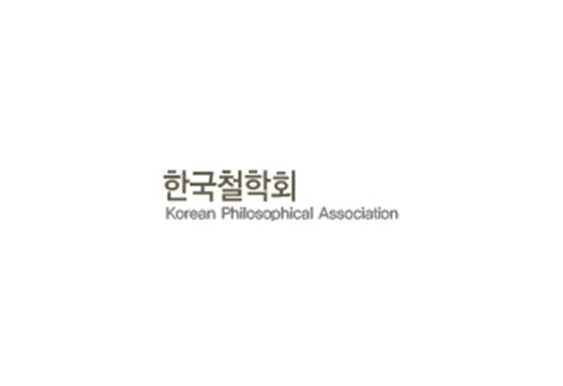인류의 진보는 ‘기이한 유령 춤’인가? – 헤겔의 역사철학과 아렌트 –
Is the Progress of Mankind a ‘Curious Ghostly Dance’? – Hegel’s Philosophy of History and Arendt –
서정혁
숙명여자대학교 기초교양학부
철학
2024, vol., no.161, pp. 61-84 (24 pages)
10.18694/KJP.2024.11.161.61
한국철학회
초록
아렌트는 『정신의 삶』 전부터 헤겔 철학에 관심을 가지지만, 특히 정신의 삶에서 헤겔의 역사철학을 ‘탈신체화된 기이한 유령 춤’에 비유하며 비판적 입장을 강하게 표명한다. 아렌트에 의하면, 헤겔의 역사철학을 추동하는 세계정신이나 인류의 진보는 추상적이며 보편적인 개념이며, 이러한 개념은 역사의 무대에서 개인들을 꼭두각시들로 취급하면서 인간의 복수성을 희생하여 상정되는 가설이다. 또한, 헤겔의 역사철학은 ‘유령처럼 아무도 아닌 자’인 ‘단 하나의 세계정신’이라는 가정에 의존하며, 역사는 당위적으로 설정된 목적을 이루기 위해 세계정신이 자기 실현하는 결정론적 과정이다. 이 과정은 세계정신 혼자만의 가장 고독한 작업을 통해 진행되기에, 거기서는 실제 복수의 행위자들 사이의 상호 소통이 불가능하다. 이러한 아렌트의 헤겔 비판은 헤겔의 역사철학을 매우 근대적이라고 보는 관점뿐만 아니라, 정치적 행위에 대한 아렌트 고유의 문제의식에 기인한다. 전체주의 같은 역사적 현상을 세계사의 목적론적 진행에서 불가피한 것으로 간주할 경우, ‘예루살렘의 아이히만’과 같은 반인륜적 결과를 초래할 수 있다는 문제의식이 아렌트의 ‘반헤겔주의’에는 내재한다. 그러나 아렌트의 헤겔 비판은 핀카드처럼 헤겔의 역사철학을 다르게 해석하는 관점을 고려할 때 그 타당성을 의심할 수 있다. 더 나아가 오히려 헤겔의 상호 인정 개념 등을 통해 아렌트와 헤겔의 입장이 얼마나 서로 친근하며 유사한 문제의식을 공유하는지에 대한 추가 검토의 필요성도 제기될 수 있다.
While Arendt’s interest in Hegel’s philosophy predates The Life of the Mind, she is particularly critical of Hegel’s philosophy of history in The Life of the Mind, likening it to a “curious disembodied ghostly dance.” According to Arendt, the World Spirit or Progress of Mankind that drives Hegel’s philosophy of history is an abstract and universal concept, and it is only a hypothesis that is assumed at the expense of the human plurarity, treating individuals as fools and puppets on the stage of history. In addition, Hegel’s philosophy of history relies on the assumption of a “singular World Spirit” that is a “ghostly Nobody,” and history is only an inevitable and deterministic process of self-actualization of the World Spirit to achieve its predetermined purpose. This process is carried out through the most solitary work of the World Spirit alone, where no interaction between actual actors is possible. Arendt’s critique of Hegel relies not only on his view of Hegel’s philosophy of history as very modern, but also on Arendt’s own problematic conception of political action. Inherent in Arendt’s ‘anti-Hegelianism’ is the concern hat treating historical phenomena such as totalitarianism as predetermined and inevitable in the purposive progression of world history can lead to inhumane consequences such as Eichmann in Jerusalem. However, Arendt’s critique of Hegel can be questioned in light of the different interpretations of Hegel’s philosophy of history, such as that of T. Pinkard. Rather, it is necessary to examine the extent to which Arendt’s and Hegel’s positions are familiar to each other and share a sense of problematic, such as through Hegel’s concept of mutual recognition.

